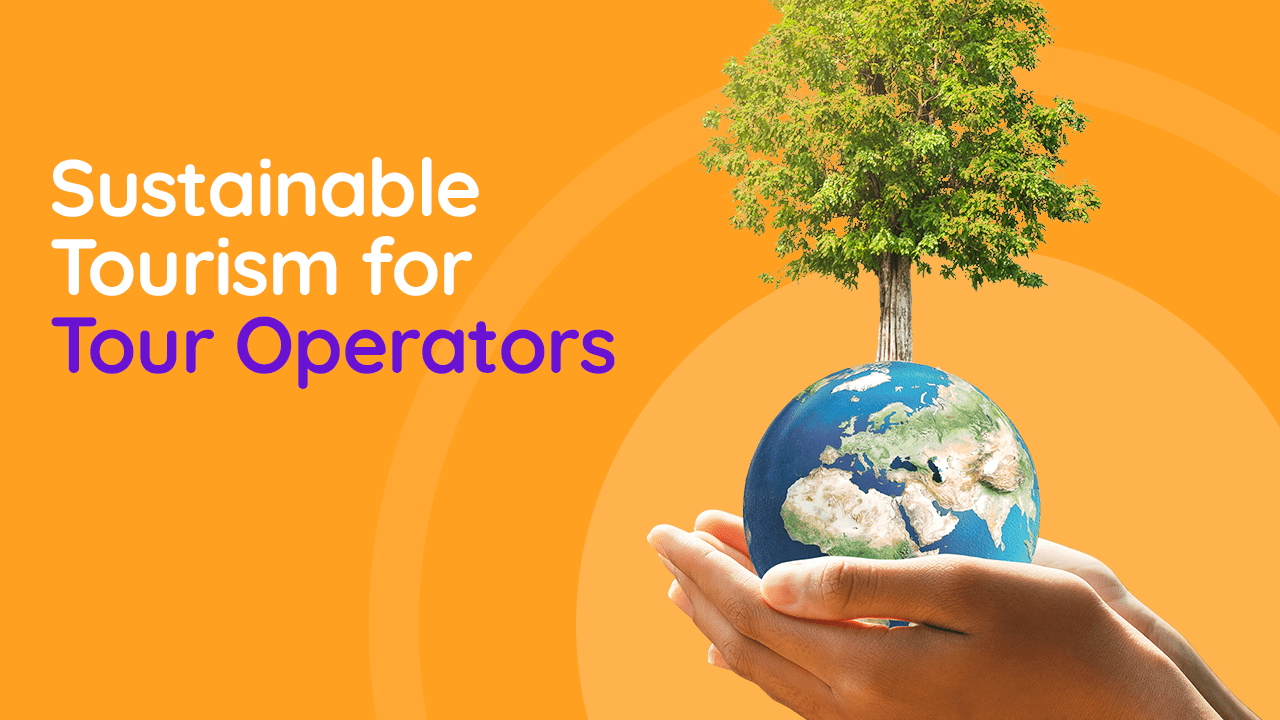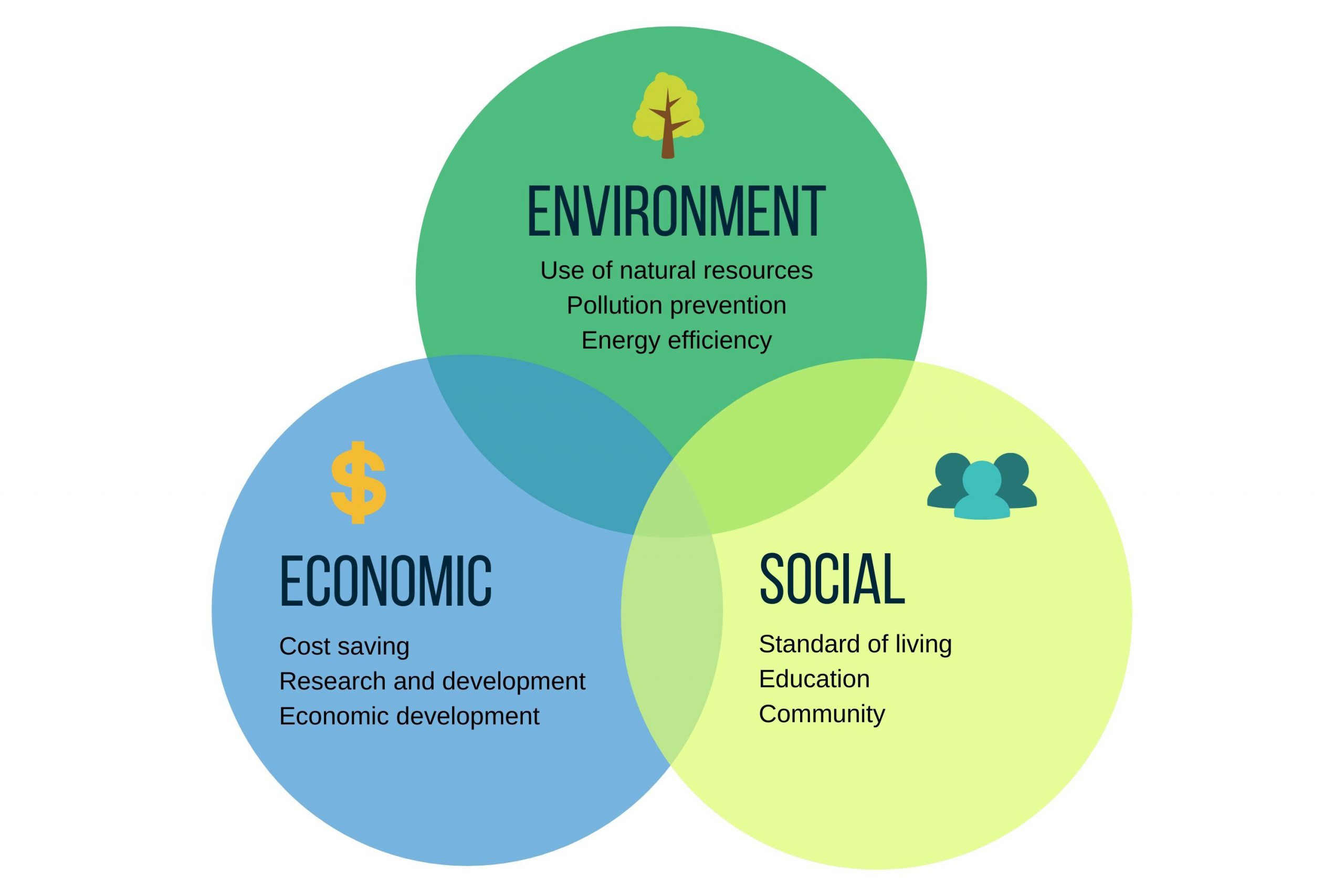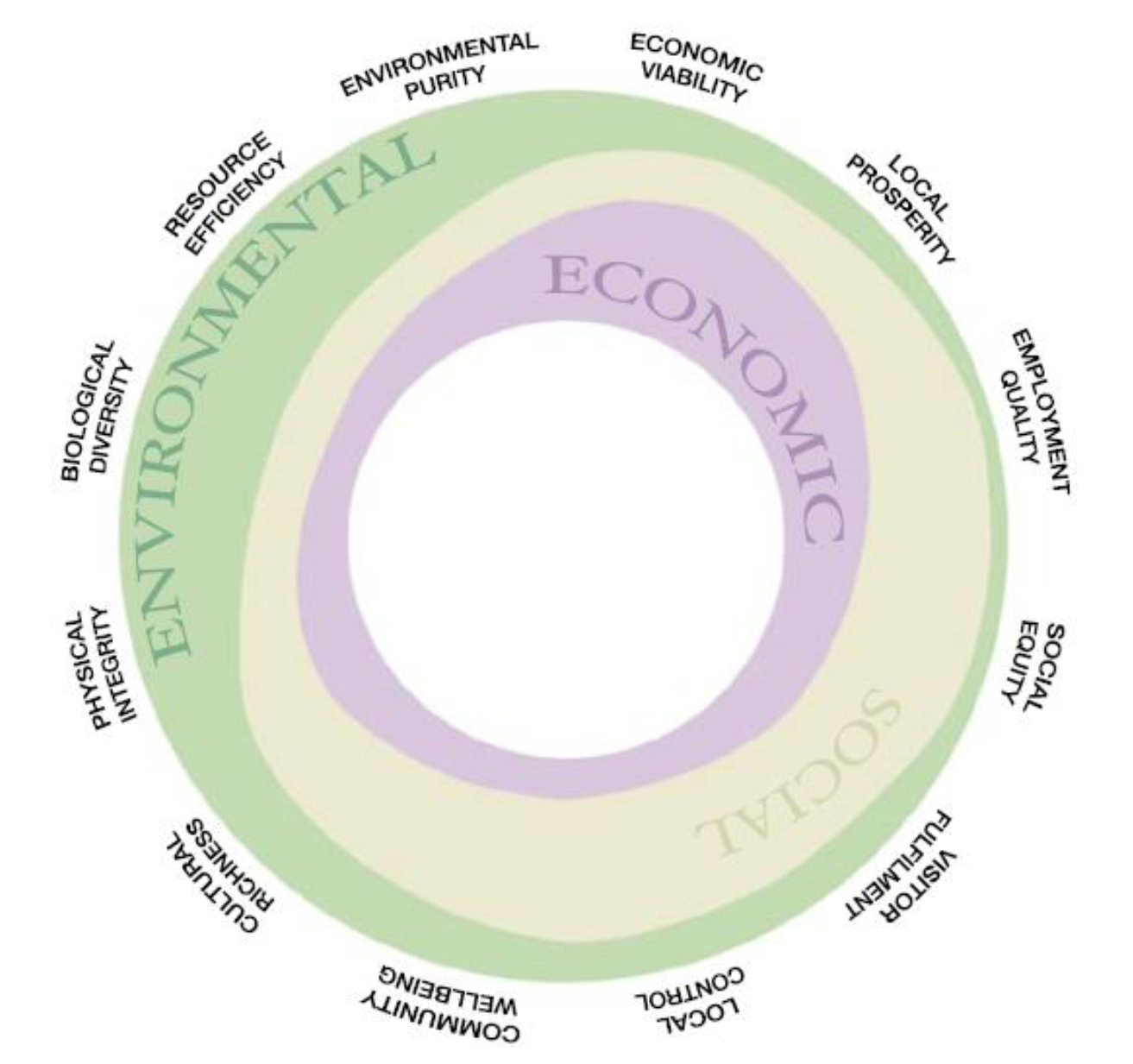5 Principles of Sustainable Tourism: A Guide to Responsible Travel
The 5 principles of sustainable tourism provide a framework for responsible travel that minimizes negative impacts on the environment, local communities, and cultural heritage while maximizing benefits for all stakeholders. By embracing these principles, tourists can enjoy enriching experiences while preserving the destinations they visit for future generations.
These principles encompass environmental conservation, economic viability, socio-cultural preservation, and responsible travel practices, ensuring that tourism contributes positively to the well-being of both destinations and travelers.
Principles of Sustainable Tourism: 5 Principles Of Sustainable Tourism
Sustainable tourism is a form of tourism that aims to minimize negative impacts on the environment and local communities while maximizing positive impacts. It involves responsible travel practices that protect and preserve natural and cultural resources for future generations.
Sustainable tourism practices can include:
- Using renewable energy sources
- Conserving water
- Reducing waste
- Protecting wildlife
- Supporting local businesses
- Educating tourists about the importance of sustainable practices
Environmental Conservation

Protecting natural resources is crucial for sustainable tourism. Tourism activities can have a significant impact on the environment, including pollution, habitat destruction, and resource depletion. By minimizing environmental impact, tourism can help to preserve natural resources for future generations.There are many ways to minimize environmental impact during tourism activities.
These include:
Responsible waste management
* Reducing waste production by bringing reusable items and avoiding single-use plastics.
- Properly disposing of waste in designated bins or recycling facilities.
- Supporting businesses that have waste reduction programs in place.
Energy conservation, 5 principles of sustainable tourism
* Turning off lights and appliances when not in use.
- Unplugging electronics when not in use.
- Choosing energy-efficient accommodations and transportation options.
Water conservation
* Taking shorter showers and turning off the water while brushing teeth.
- Reusing towels and linens.
- Choosing accommodations with water-saving fixtures.
Transportation
* Walking, biking, or using public transportation instead of driving whenever possible.
- Choosing fuel-efficient vehicles and carpooling when driving is necessary.
- Supporting airlines that have carbon offset programs.
Respecting wildlife
* Observing wildlife from a distance and not disturbing them.
- Not feeding or touching wildlife.
- Supporting businesses that protect wildlife and their habitats.
By following these guidelines, tourists can help to minimize their environmental impact and contribute to the sustainability of the tourism industry.
Economic Viability

Sustainable tourism practices can positively impact local economies, contributing to the well-being of communities and the preservation of natural and cultural heritage. Economic viability is a key pillar of sustainable tourism, ensuring the long-term financial sustainability of tourism operations while benefiting local economies.
One of the main economic benefits of sustainable tourism is job creation. Tourism activities, such as tour guiding, accommodation, and transportation, generate employment opportunities for local residents. These jobs can provide stable income, improve livelihoods, and contribute to the overall economic growth of the region.
Job Creation and Local Business Development
Sustainable tourism supports local businesses by encouraging tourists to purchase goods and services from local providers. This includes purchasing souvenirs, dining at local restaurants, and using local transportation services. By supporting local businesses, sustainable tourism helps to create a multiplier effect, where tourism revenue circulates within the community, benefiting multiple sectors.
For example, in Costa Rica, a pioneer in sustainable tourism, the tourism industry accounts for over 10% of the country’s GDP and provides employment for a significant portion of the population. The country’s focus on protecting its natural environment and promoting responsible tourism practices has attracted tourists from around the world, contributing to the economic prosperity of local communities.
Infrastructure Development and Public Services
Sustainable tourism can also lead to the development of infrastructure and public services that benefit both tourists and local residents. For example, the construction of new roads, bridges, and transportation systems can improve accessibility to tourist destinations and make it easier for tourists to explore the area.
These infrastructure improvements can also benefit local communities by providing better access to healthcare, education, and other essential services.
In addition, tourism revenue can be used to fund the development of public services, such as parks, museums, and cultural centers. These facilities can enhance the quality of life for local residents and provide additional attractions for tourists, creating a positive feedback loop that supports the economic viability of the destination.
Conservation and Economic Benefits
Sustainable tourism can also generate economic benefits through the conservation of natural and cultural heritage. By protecting and preserving these assets, sustainable tourism can help to attract tourists who are interested in experiencing and learning about the unique environment and culture of a destination.
This can lead to increased revenue from tourism activities and support for local conservation efforts.
For example, in the Galapagos Islands, a UNESCO World Heritage Site, sustainable tourism practices have helped to protect the fragile ecosystem and support the local economy. Tourists are attracted to the islands’ unique wildlife and marine life, which are carefully managed to ensure their conservation.
The tourism industry provides revenue that supports local conservation efforts and contributes to the well-being of the local community.
4. Socio-Cultural Preservation

Tourism has the potential to contribute to the preservation of local cultures and traditions by fostering cultural exchange and understanding. When tourists interact with local communities, they gain insights into different ways of life, fostering respect and appreciation for cultural diversity.
Initiatives that promote cultural exchange and understanding include:
Community-based tourism
This approach involves local communities in the planning and operation of tourism activities, ensuring that tourism benefits the community and supports local culture.
Cultural heritage tourism
This type of tourism focuses on preserving and showcasing historical sites, cultural landmarks, and traditional practices, providing tourists with opportunities to learn about and appreciate the local culture.
Cultural exchange programs
These programs facilitate direct interaction between tourists and local people, fostering mutual understanding and respect.
Responsible Travel
Responsible travel practices are essential for preserving the natural and cultural heritage of destinations. By adopting these practices, tourists can minimize their negative impact on the environment and local communities, ensuring the sustainability of the tourism industry.
Here are some tips for tourists to minimize their negative impact on destinations:
Respecting the Environment
- Choose sustainable transportation options, such as walking, biking, or using public transportation.
- Conserve water and energy by taking shorter showers, turning off lights when leaving a room, and unplugging electronics when not in use.
- Dispose of waste properly by using recycling bins and avoiding littering.
- Respect wildlife by observing them from a distance and not feeding or harassing them.
Supporting Local Communities
- Stay in locally-owned accommodations and eat at local restaurants to support the local economy.
- Buy souvenirs from local artisans and vendors to promote traditional crafts and skills.
- Respect local customs and traditions, and be mindful of your behavior in public spaces.
- Learn a few phrases in the local language to show respect and connect with the people you meet.
Minimizing Cultural Impact
- Dress appropriately and avoid wearing revealing or disrespectful clothing.
- Be respectful of religious sites and customs, and avoid taking photographs without permission.
- Learn about the local culture and history before visiting to avoid misunderstandings or causing offense.
- Support organizations that promote cultural preservation and education.
By following these responsible travel practices, tourists can contribute to the sustainability of the tourism industry and ensure that destinations remain vibrant and welcoming for future generations.
Last Word
Incorporating the 5 principles of sustainable tourism into travel plans empowers tourists to become active participants in protecting the planet, supporting local economies, and fostering cultural understanding. By embracing responsible travel practices, we can create a more sustainable and equitable tourism industry that benefits both present and future generations.
Answers to Common Questions
What are the key elements of sustainable tourism?
The key elements of sustainable tourism include minimizing environmental impact, supporting local economies, preserving cultural heritage, and promoting responsible travel practices.
How can tourists practice responsible travel?
Tourists can practice responsible travel by choosing eco-friendly accommodations, respecting local customs, supporting local businesses, and minimizing their environmental footprint.
What are the benefits of sustainable tourism for local communities?
Sustainable tourism can create jobs, boost local economies, and improve infrastructure in local communities.

